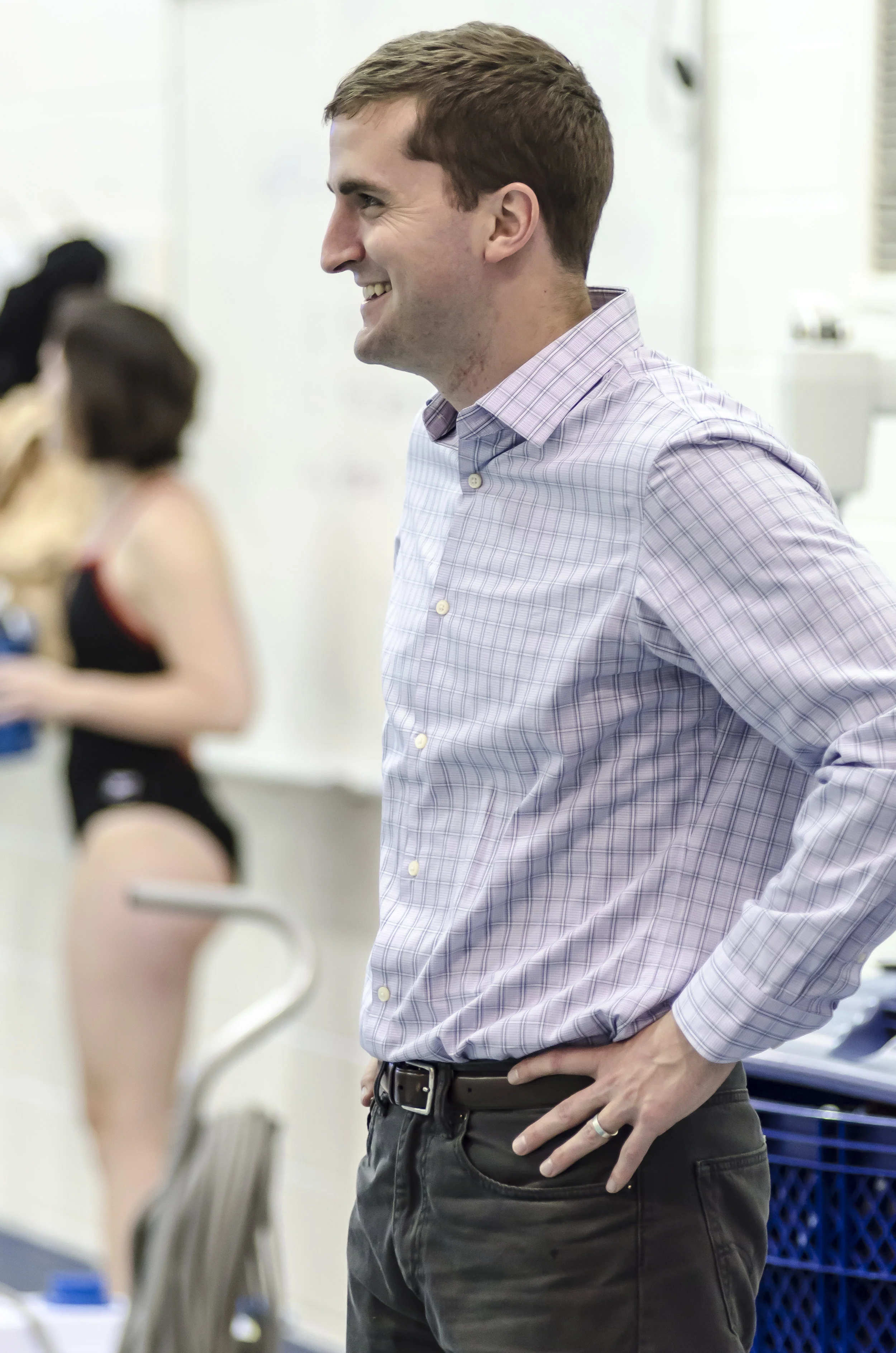Her eyes welled up with tears. Before the race, she had shook her arms and hopped half-heartedly. These were not motions to warm up as much as nervous tics, anxious energy demanding some sort of outlet.
The result was not as she hoped. She stood, looking down and wiped her eye clean.
"You don't trust me" was my first piece of feedback. Her back straightened as her face shifted from sadness to surprise. "And we're going to work on that together".
Being a coach means a tremendous responsibility. You can be one of the most important relationships in an athlete's life. What you do with that responsibility will define you.
It's important to acknowledge three things when working on relationships with an athlete. First, that athletes (especially young ones) have their own family unit as the model for their relationships. Second, that you yourself have your own experiences and relationship history. Third, that both models have their imperfections.
Athletes, especially ones that come from bad or abusive past relationships, desperately need you to model a new, better kind of relationship for them. I've written passionately about the flip side of this, the coaches that use athletes weaknesses as a leverage to abuse them for their own gain. There's no place for that disgusting and destructive practice, but this post is about what you can do to positively change what a relationship means with an athlete.
Here are a few suggestions:
- Model and teach Self-care: One of the most powerful things you can show an athlete is how to take care of themselves, in both body and mind. Keep yourself physically fit and eat well. Talk about the fact that you are doing it to be a better coach for them. At the same time, connect that they will be a better athlete for their teammates if they practice good self-care. Invest time in important relationships outside of swimming and practice good mental health. Encourage your athletes to do the same.
- Coach Emotions: As coaches, we have an encyclopedia of technical tips and race analytics to give. But it is at least as important to acknowledge the emotions of athletes, and to help them to both build on positive feelings and deal with negativity as it comes. Coaches can often make the mistake of skipping to technique without recognizing the emotional elephant in the room
- Practice patience and affection without conditions: Athletes who have had bad past relationships will often re-enact those relationships even if they are getting different feedback from you. You need to remind these athletes that you care about them, even as they may be pushing you away, and show them that you still believe in them even as they may stumble.
Modeling a strong relationship for your athletes can have a transformational affect on them. When evaluating your team's resilience, consider how strong the relationship skills of your athletes are. Finally, remember that it all starts with you taking care of yourself.
Want to learn more about training resilience for your athletes, or are you an athlete or parent of an athlete looking to build resilience? Fill out the contact form for a free consultation.

